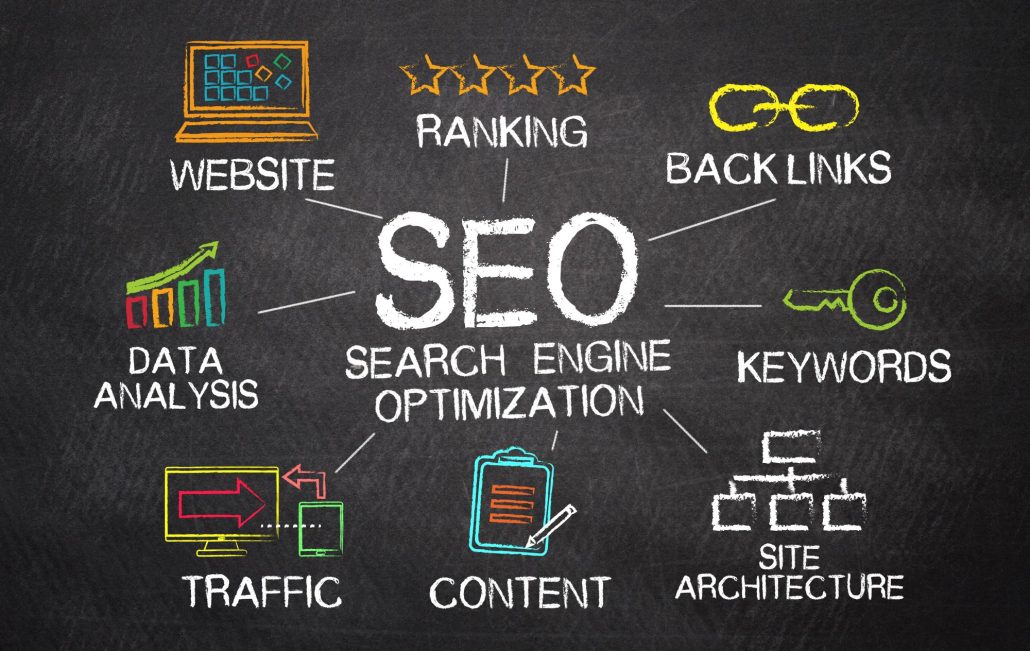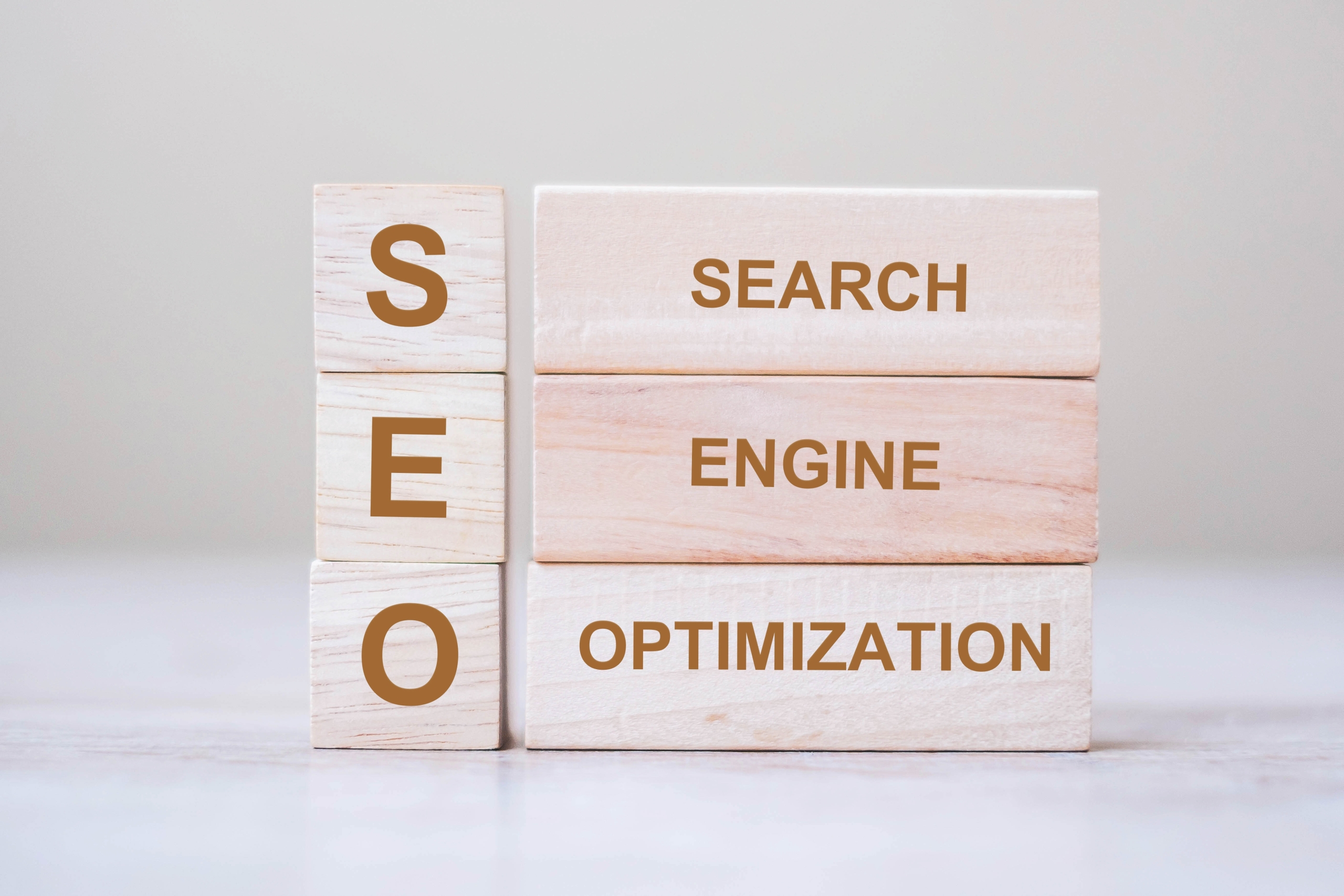Optimize Your Website for Success: On-Page SEO Best Practices
Do you ever wish your website could be found more easily online? It could magically appear at the top of the list when people search for things related to your business. While there’s no magic spell, there is something called on-page SEO!
On-page SEO involves making small but important changes that help tell search engines like Google exactly what your website is about. Think of it as putting up clear signs and organizing your store shelves neatly so customers (and search engines) can find what they need quickly.
In this blog, we’ll dive into the best practices for on-page SEO. You’ll learn how to optimize your website so that it plays nicely with search engines and much more.
Key On-Page SEO Strategies
Strategic Keyword Research
If you want your website to do well in search results, starting with good keyword research is a must. This is how you find out what words and phrases people are typing into search engines when they’re looking for something you offer. This way, when someone searches for something you’ve written about, your website has a better chance of showing up.
So, how do you conduct effective keyword research?
To start, use some tools like Serpple, which can give you a wealth of information. They tell you how many people are searching for a specific term, how tough the competition is, and even suggest additional related keywords.
Once you’ve compiled a stellar list of keywords, it’s time to strategically integrate them into your website. But where exactly should you place them?
- Title Tags: Make it clear and include your main keyword.
- Meta Descriptions: This short blurb appears under your title in search results. Use keywords here to entice people to click!
- Headers: Use H1, H2, and other headings to organize your pages and sneak in relevant keywords.
- Content is King: Use your keywords within your text, but make sure it reads naturally—don’t stuff them in awkwardly!
Rank Tracking and Optimization
After you start using your keywords in your content, it’s important to monitor their performance. Rank tracking is a way to find out where your website shows up in search engine results when people search for specific keywords. By monitoring your rankings, you can make better decisions about updating your site and attracting more visitors.
Several tools can help you track your keyword rankings. Among these tools, one great option is Serpple. It is the first-ever notification ranking tool. It sends you emails whenever there’s a change in the search engine result page, keeping you in the loop and on top of your SEO game.
Also, this SERP tracker has a user-friendly interface and provides clear reports. It shows you where your pages stand in the search results for each keyword. This feedback allows you to tweak and adjust your content as needed to improve your rankings.
URL Structure and Optimization
The URL is your website page’s unique address on the Internet. Well-designed URLs are both easy for search engines to understand and easy for people to read. Here’s how to make your URLs shine:
- Keep them short and sweet
- Choose keywords wisely
- Use hyphens (-) to separate words
- All lowercase letters
For example:
- Not so great: https://www.mywebsite.com/page?id=582
- Much better: https://www.mywebsite.com/blue-running-shoes
The first URL has a bunch of random numbers and codes. This tells neither a search engine nor a person what the page is actually about. While the second one tells users and search engines that the page is about blue running shoes.
Robust Internal Linking
Internal links are the signposts within your website. They connect different pages, just like clicking a regular link takes you from one website to another. These internal links help visitors easily explore your site and find the necessary information.
That’s not all! Search engines like Google also use these internal links. They crawl your website by following the links, discovering all your pages, and understanding how they’re connected. This helps them figure out what your website is about and how important different pages are.
Here’s an example: if you have a blog post on “Tips for Healthy Eating” on your fitness website, you can include a link within that post to your page about “Workout Classes.” This shows search engines that these two pages are related and helps them understand the overall structure of your website.
Mobile Responsiveness
Today, more and more people browse the web on their phones and tablets. That’s why Google uses mobile-first indexing. This means Google mostly looks at the mobile version of your website to decide how high it should appear in search results. If your site isn’t mobile-friendly, you could miss out on many visitors!
So, how do you know if your website is mobile-ready?
Luckily, there are easy ways to check if your website works well on smaller screens. One of the best tools is Google’s Mobile-Friendly Test. Just enter your website address, and it will give you a report and even offer tips on how to fix any problems it finds.
Fast Page Speed
Imagine waiting ages for a store to open its doors. You’d probably get annoyed and leave, right? The same goes for slow websites! People get frustrated and often hit the back button if a webpage takes too long to load. This hurts your website because it increases the bounce rate and signals to search engines that people don’t like your site.
Luckily, here are some common things that can slow down websites and how to fix them:
- Bulky Images: Images are awesome, but super-large files can weigh down your site. So, compress them to make them smaller without losing quality.
- Too Much Code: Sometimes, websites have messy or unnecessary code that can slow things down. Tools can help “minify” your code, making it smaller and faster.
Final Thoughts
So, now you know some of the top ways to improve your website with on-page SEO. By using these tips, your site will not only look good but also be easy for search engines to understand. This means more people can find you when they’re searching online.





